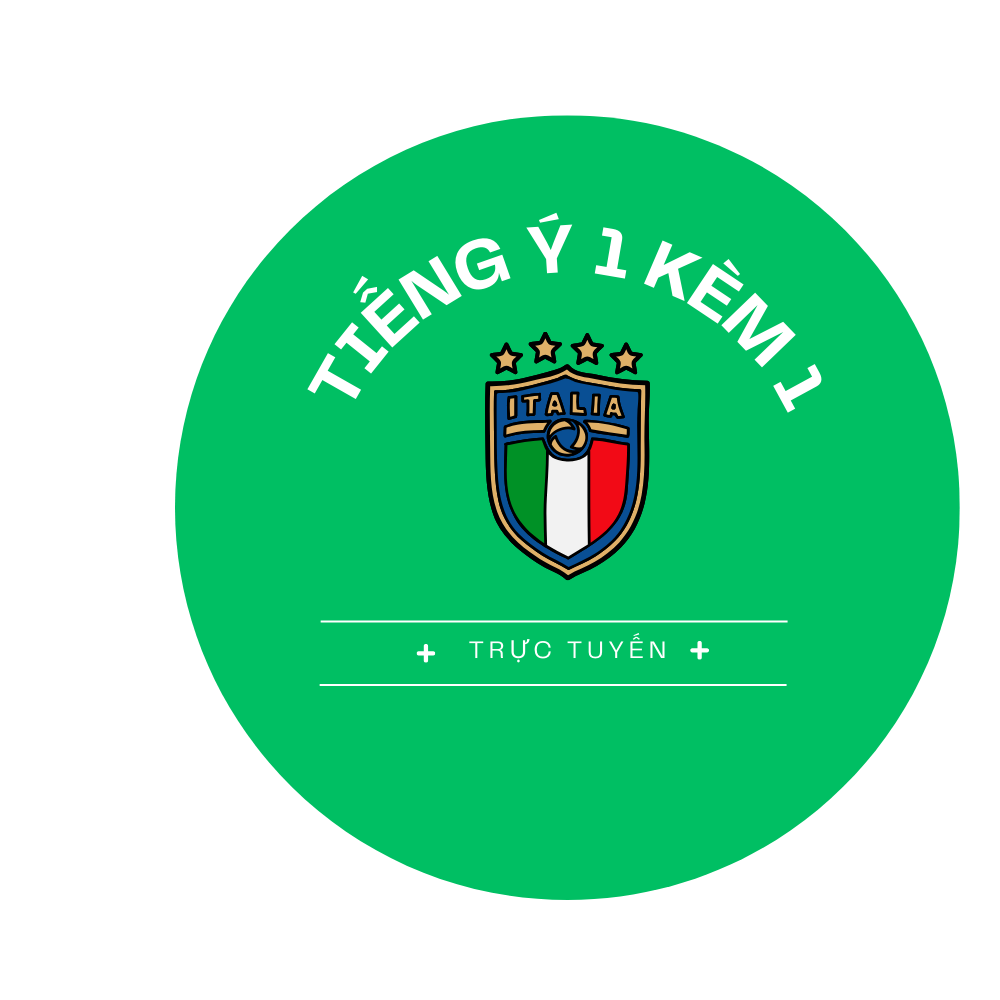
In our perpetually connected age, digital communication has become the dominant method we socialize with people around us.
source: framer.website
What started as rudimentary connection platforms for keeping informed has become something dramatically more multifaceted.
The Artificial Standards Crisis
Likely the most dangerous feature of social media is how it stimulates compulsive evaluation.
Each visit through our apps drowns us with purposefully edited flawless portrayals of other people’s lives.
We experience luxury travels, perfect matches, remarkable attainments, and perfect home lives.
Concurrently, our genuine circumstances feel inadequate by comparison.
The unending spectacle to people’s perfect presentations triggers unrealistic expectations for our social interactions.
The Psychological Conditioning Apparatus
Digital networks are consciously manufactured to hijack our attention.

Every tool has been optimized to manipulate our responses.
Relentless content, persistent reminders, and targeted stimulation join efforts to cultivate habitual usage.
This habitual gratification adjusts our mental framework to long for speedy acceptance.
During times we’re not discovering ongoing digital feedback, we combat troubled, uninspired, or alone.
The Connection Barrier
Most worryingly is how electronic communication impedes true bonding.
Authentic bonding requires dedicated mindfulness, vulnerability, and exclusive attention together.
Virtual communities generates disruptions to every one of these.
While spending time, ongoing interruptions monopolize our thoughts away from the individual sitting beside us.
As opposed to concentrating on honest conversations, we understand we’re mindlessly scrolling through digital content.
In place of communicating our personal insights and reactions, we become involved with uploading our moments for online presentation.
The Electronic Validation Disorder
Electronic networks has evolved the way we work toward acceptance and self-esteem.
Historically we earned our personal validation from meaningful milestones, individual development, and valuable friendships, we nowadays find we’re desperately craving online acceptance.
Appreciation tokens, replies, shares, and associations morph into our critical measures for judging our personal worthiness.
This hollow acceptance morphs into compulsive because it’s irregular, immediate, and essentially meaningless.
Apart from true progress or deep personal relationships, hollow acceptance gives only temporary satisfaction.
The Viewpoint Amplification Chamber
Technological choice makers are assembled to display for us content that fits our established thinking.
This manufactures filter bubbles where we’re regularly shown to concepts that confirms what we already believe.
In conjunction with this, alternative opinions are removed, constructing an increasingly polarized cultural environment.
This fragmentation extends to our social connections, causing remarkable quantities of tension between colleagues, family connections, and romantic partners.
The Performance Society
Electronic environments has strengthened our underlying tendency to compare ourselves to our peers.
What initially was constrained within measuring ourselves to local community has expanded to contain limitless remote people internationally.
STATS ABOUT DIVORCES/RELATIONSHIPS

https://www.cdc.gov/nchs/fastats/marriage-divorce.htm
https://www.familyrelationships.gov.au/separation
https://scholarsarchive.byu.edu/cgi/viewcontent.cgi?article=1441&context=studentpub
https://en.wikipedia.org/wiki/Divorce
https://en.wikipedia.org/wiki/Effects_of_divorce
